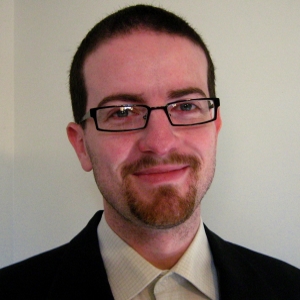Category:
Thomas McConkey

Class of 2009
Bachelor of Engineering
Faculty of Engineering and Applied Science
In his second year of a PhD program in Electrical Engineering - Quantum Information Processing (EE-QIP) at the Institute for Quantum Computing at the University of Waterloo, Thomas is on the cutting edge of quantum computing.
“Everyone in the field is working towards the ultimate goal of a functioning quantum computer,” he says, “and even the research that proves to be a failure assists in that by showing which avenues do not deserve further investment.” A quantum computer is intended to use the principles of quantum physics to multiply computational power beyond the capabilities of traditional computers in order to solve problems of extraordinary complexity.
Thomas is working with Dr. Matteo Mariantoni in the Digital Quantum Matter Laboratory. They are using circuit quantum electrodynamics (superconducting qubits and resonators) to design a scalable implementation of the surface code for quantum computing. His project may lead to a patent within the next year as well as publication of the research.
Thomas describes his scholarly path as "a sequence of small events that ultimately led me to quantum computing. I had always had an interest in physics and during my time at UOIT pursuing my BEng I was also taking physics courses on the side, including quantum mechanics." A TED Talk by legendary physicist David Deutsch, who was a significant and large contributor, led Thomas to read one of his books. Discussing it with one of his UOIT professors one day led to another discussion about the Institute for Quantum Computing. Coincidentally, another of Thomas's professors had a former colleague working there, which led to Thomas's initial connection.
He's looking forward to completing his PhD in the next few years. Meanwhile Thomas is also working as a teaching assistant for a several engineering courses, teaching a numerical methods lab and participating in science outreach programs through the Institute. After he acquires his PhD and "depending on the state of my work, I would either continue on in a post-doctoral fellowship position, or attempt a spin-off company.” Wherever Thomas's path takes him, it is sure to be ground-breaking.
